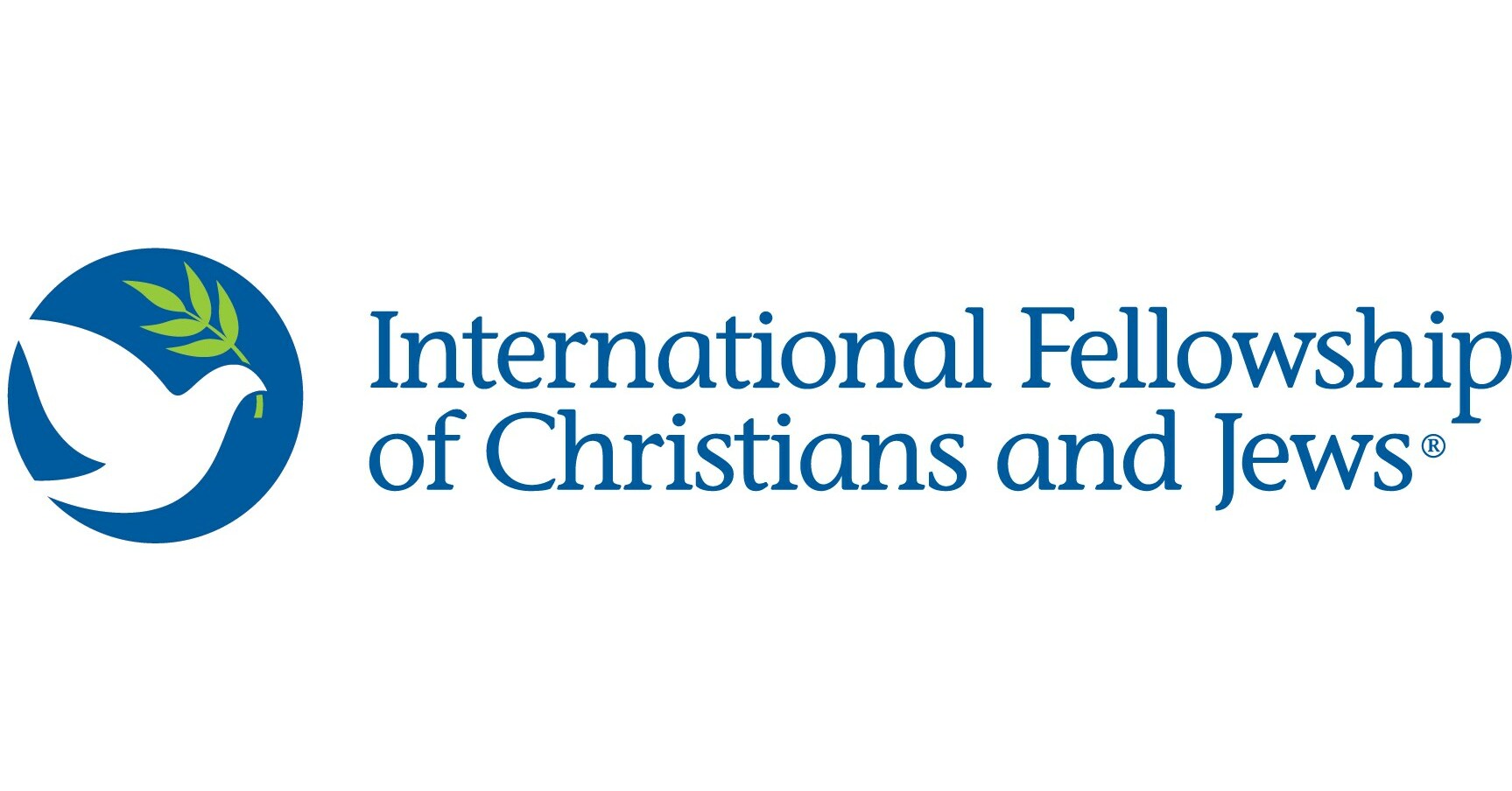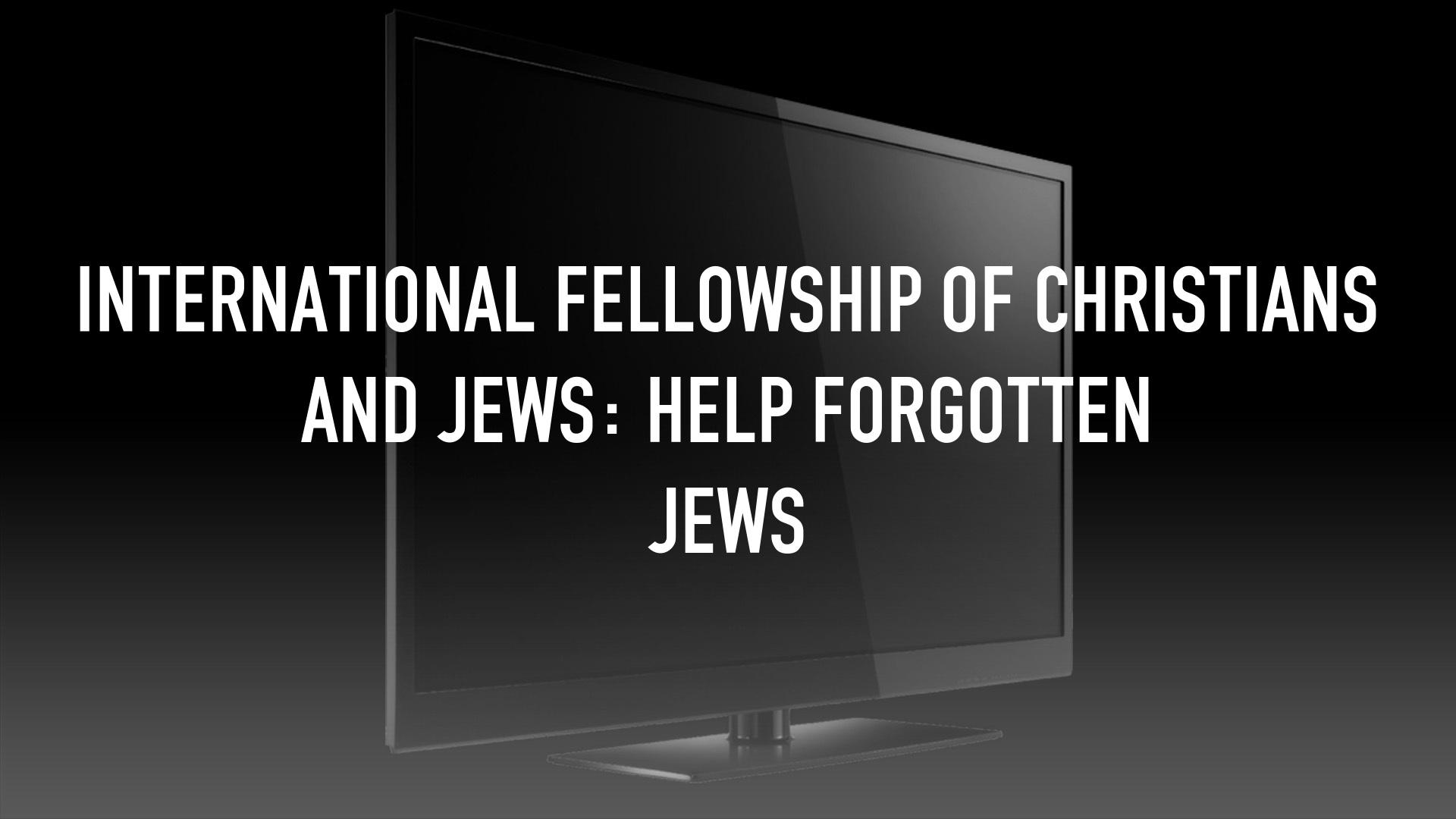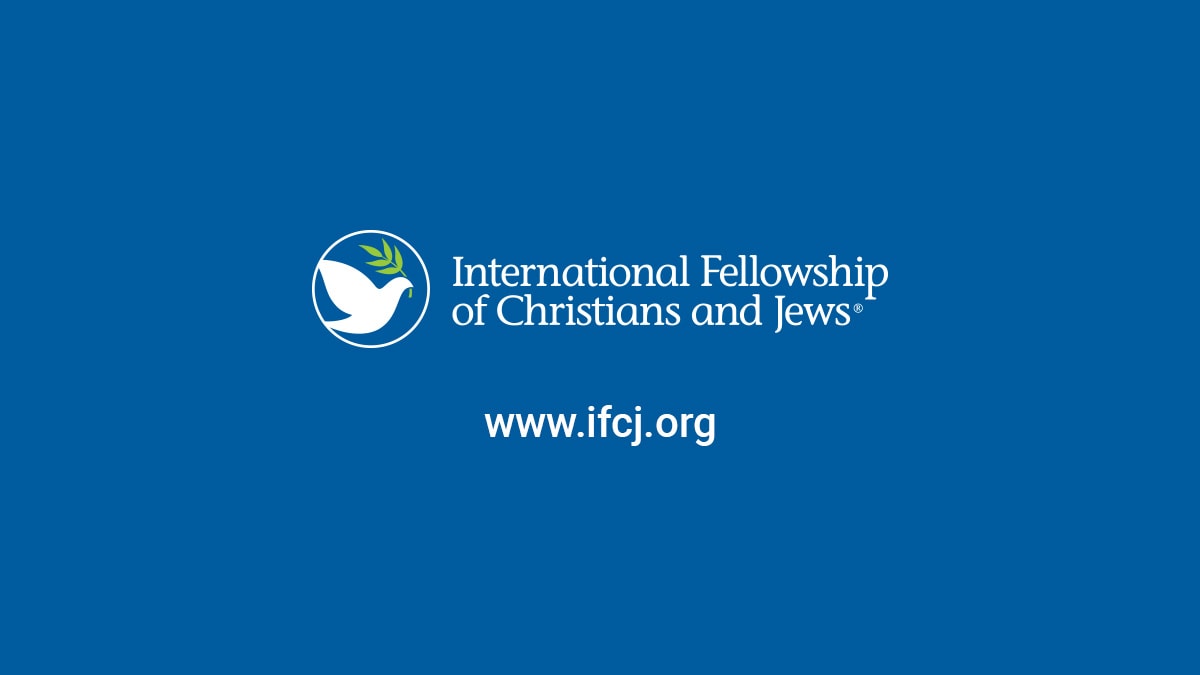International Fellowship Of Christians And Jews Controversy

The International Fellowship of Christians and Jews (IFCJ), a prominent organization dedicated to fostering understanding and support between Christians and Jews, has recently faced scrutiny and controversy surrounding its fundraising practices, executive compensation, and allocation of funds. These concerns have prompted investigations and sparked debate within both the Jewish and Christian communities, raising questions about transparency and accountability in charitable organizations.
At the heart of the controversy lies questions about the organization's operational structure and financial management. While the IFCJ asserts its commitment to aiding impoverished Jews in Israel and the former Soviet Union, critics allege that a disproportionate amount of donations is allocated to administrative costs and executive salaries, rather than direct aid. This raises concerns about the effectiveness and ethical stewardship of donor contributions.
Background of the IFCJ
Founded in 1983 by Rabbi Yechiel Eckstein, the IFCJ initially focused on bridging the gap between evangelical Christians and the Jewish community. Its mission is to build broad support for Israel and other humanitarian causes, particularly among Christian evangelicals. The organization has grown into a major philanthropic force, raising hundreds of millions of dollars annually.
The organization's appeal lies in its dual promise: providing vital assistance to Jews in need and fostering stronger relationships between Christians and Jews. However, its financial practices have come under increased scrutiny following reports highlighting potential discrepancies between funds raised and aid delivered.
Key Points of Controversy
Several key issues have fueled the controversy surrounding the IFCJ. These include executive compensation, fundraising expenses, and the allocation of funds between administrative costs and direct aid to beneficiaries. Questions have been raised about the transparency and accountability of the organization's financial management.
Executive Compensation
One area of concern revolves around the substantial salaries paid to top executives. Critics argue that these salaries are excessive for a non-profit organization, diverting funds that could be used for charitable purposes. Reports have highlighted the significant compensation packages awarded to the organization's leaders.
Fundraising Expenses
Another point of contention involves the high cost of fundraising. The IFCJ reportedly spends a significant portion of its revenue on marketing and fundraising campaigns, aimed at attracting new donors and retaining existing ones. Concerns have been raised about whether these expenses are justified, considering the organization's charitable mission.
Allocation of Funds
Perhaps the most significant concern relates to the allocation of funds between administrative costs and direct aid. Critics allege that a relatively small percentage of donations reaches the intended beneficiaries, with a larger portion being used for overhead and other expenses. This raises questions about the organization's efficiency and effectiveness in delivering aid to those in need.
Impact on Donors and Beneficiaries
The controversy surrounding the IFCJ has had a significant impact on both donors and beneficiaries. Donors may be hesitant to contribute to an organization facing allegations of financial mismanagement, while beneficiaries may experience reduced aid due to concerns about resource allocation.
The controversy has also eroded trust in the organization's leadership and its ability to fulfill its mission effectively. This can create uncertainty for both supporters and those who rely on the organization's services.
Responses and Investigations
In response to the allegations, the IFCJ has defended its financial practices, asserting that its expenses are necessary for its operational success and for reaching a broader audience. The organization has also stated its commitment to transparency and accountability.
Several investigations have been launched to examine the organization's finances and fundraising practices. These investigations aim to determine the veracity of the allegations and to ensure that the organization is operating in compliance with applicable laws and regulations.
Wider Implications
The controversy surrounding the IFCJ has wider implications for the non-profit sector as a whole. It highlights the importance of transparency and accountability in charitable organizations and the need for donors to carefully evaluate the financial practices of the groups they support.
The controversy also raises questions about the role of executive compensation in non-profit organizations and the balance between administrative costs and direct aid to beneficiaries. These are critical issues that impact the effectiveness and credibility of the charitable sector.
The Future of the IFCJ
The future of the IFCJ remains uncertain as it navigates the ongoing controversy and investigations. The organization faces the challenge of restoring trust among donors and beneficiaries while addressing concerns about its financial practices.
Ultimately, the IFCJ's success will depend on its ability to demonstrate its commitment to transparency, accountability, and effective stewardship of donor contributions. This will require a reassessment of its financial management and a renewed focus on its core mission of providing aid to those in need.
The passing of Rabbi Yechiel Eckstein in 2019 marked a significant transition for the IFCJ. His daughter, Yael Eckstein, assumed the role of president and CEO, vowing to continue her father's legacy while addressing the concerns that had been raised about the organization's operations. The IFCJ continues to be a major player in philanthropic giving within the Christian and Jewish communities, but must address these challenges to move forward successfully.














